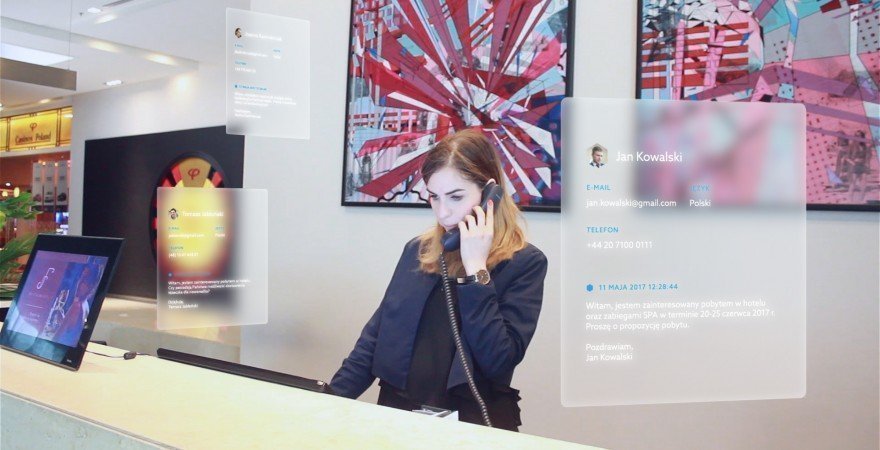

As the contemporary hospitality industry expands to include more vacation rentals, apartment shares, and other kinds of stay-over locales, hotels are radically changing to keep up with current trends. They are revamping services to set themselves apart from other types of room, becoming more technologically savvy, unique, and personalized. Customers are starting to value experiences that connect them to local culture and connect them to regional sensibilities. For example, upscale, boutique hotels are displaying contemporary artists and using local vendors.
In addition to making larger hotels unique and creating a more experiential brand, hotels are using innovative technology to gain customer loyalty, create a smoother customer experience, and boost sales as well as overall revenue. Expectations of hospitality technology have misrepresented; online travel agencies now bundle flight, hotel, and car expenses together in one tie together. Likewise, digitally-enabled guests are interested in other online services including digital check-ins and virtual tours. Hotels are responding with updated technology. Using data from customer histories, for example, hotels are developing personalized guest experiences around lighting, temperature, and refreshments. Comprehensive mobile apps are allowing guests to streamline bulky processes and minimize check-in time.
As hotels grow their digital capacities and work to maximize mobility, hospitality CRM software is helping them gain a stronger online presence and increase customer satisfaction. Hotel CRM software helps businesses create smooth customer interactions, manage and analyze data, and improve business relationships with clients, customers, and suppliers to enlarge customer retention and drive sales growth. CRMs are available at all price points and for any size business; both SMEs and large enterprises can use CRM to create online databases of customer profiles, analyze what works and what doesn’t, or give customers a more pleasant service experience.
CRMs allow hotels to conduct reservations, check-ins, and other customer communications through the web, and different CRMs are helping hotels create their own digital brand. In addition, a good CRM platform can help hotels be aware of their customer base and work toward capitalizing on that base.